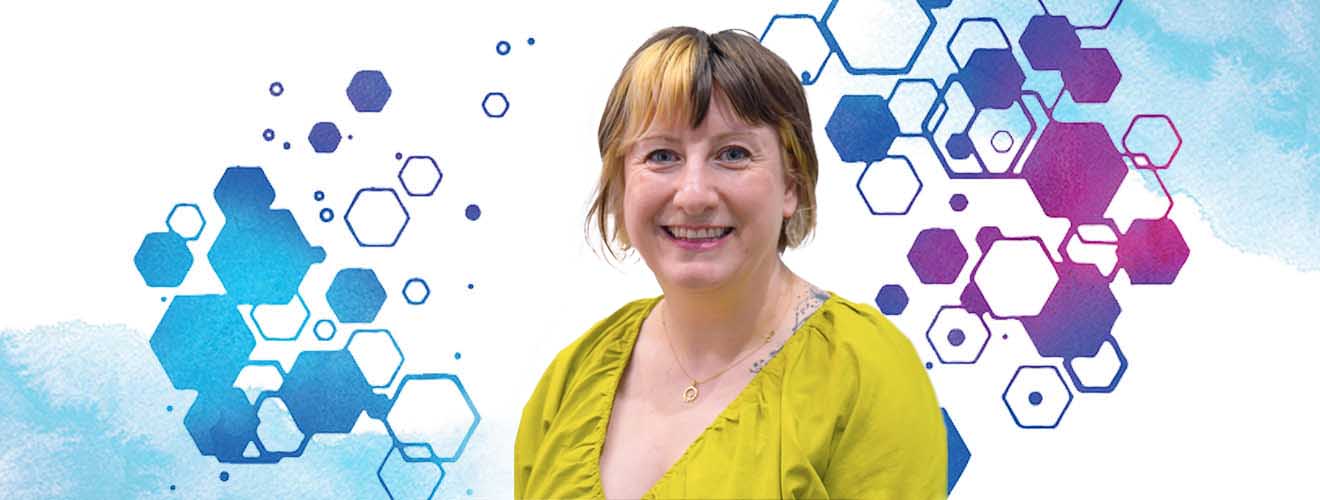
Embarking on a journey through the intricate realm of reproductive science, we interviewed Colleen Lynch, a celebrated Medical Science Liaison with a unique and inspiring background as an embryologist and PGT scientist. Colleen’s career trajectory has seen her transition from the laboratory to the forefront of supporting scientific leaders and clinicians in their quest to expand scientific evidence in fertility research.
In our insightful conversation, Colleen discusses the important work of her Medical Affairs team, the challenges clinicians and scientists encounter while striving to develop robust studies – and her perspective on exciting future developments that are helping to advance standards of fertility care.
Please tell us more about your role in supporting and promoting research studies that help to advance the field of fertility?
I’m part of the CooperSurgical® Medical Affairs team and my role is as Medical Science Liaison. This means I’m involved in engaging and facilitating research within the field. I also support the review of medical grants for educational activities and build relationships with scientific leaders within the field, as well as answer any medical information questions that may come from clinicians and scientists.
What lead you to this area of the reproductive science?
I actually worked as an embryologist and genetic scientist for over 13 years. My background was in genetics. I completed my BSc in Genetics and my MSc in Medical Genetics at the University of Glasgow and learned about IVF and PGT for the first time.
In my opinion, embryology has that patient contact that other clinical sciences are very much divorced from. That’s what attracted me to embryology. Although the first PGT baby had been born over a decade earlier, it wasn’t very widespread and only offered by a handful of clinics. My background in genetics wasn’t common in the field then either.
My first step into industry focused on professional education and clinical support, and largely involved teaching embryologists how to biopsy, how to introduce a PGT program into their clinic, and helping them understand the clinic-wide infrastructure required.
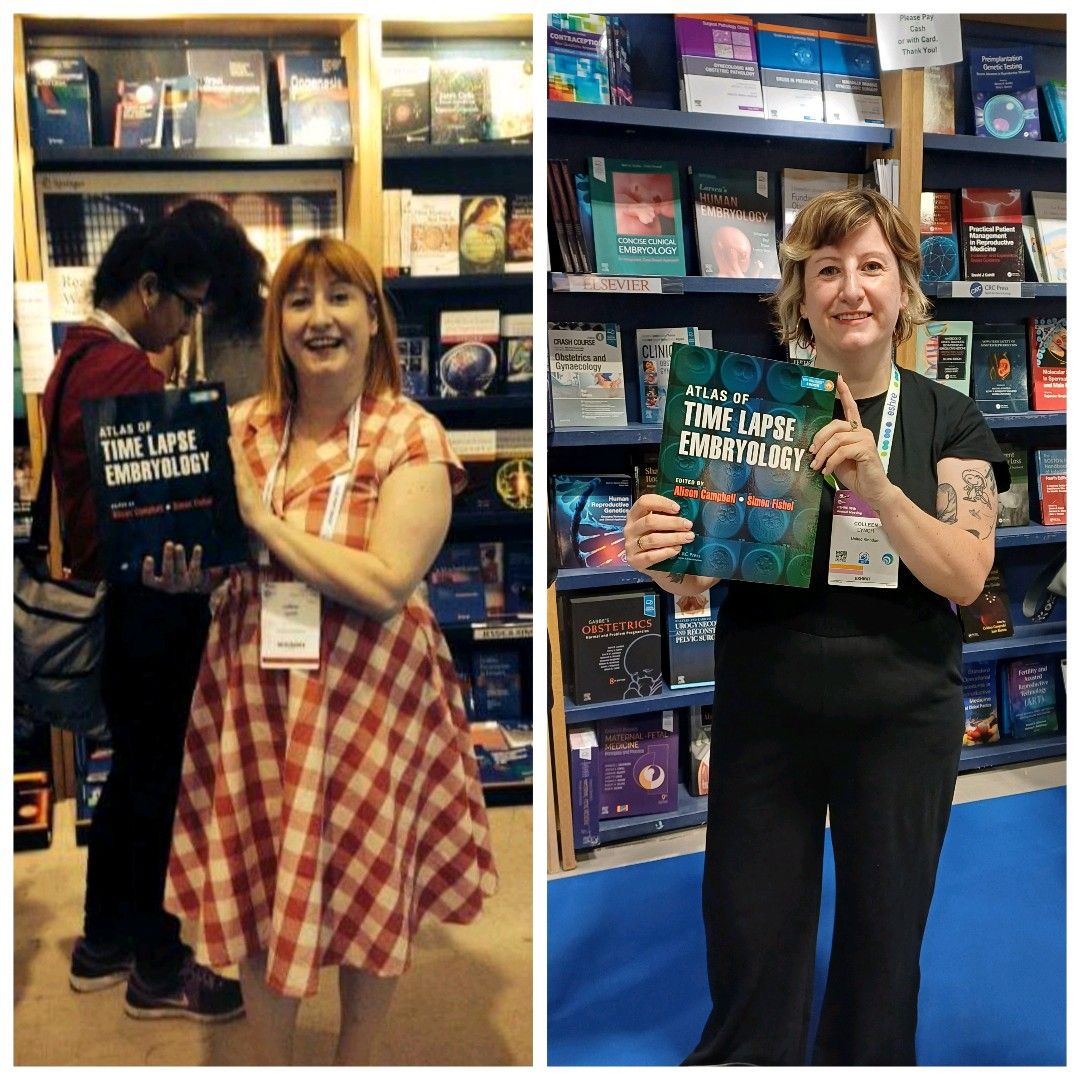
I was helping labs to troubleshoot issues, helping them to optimize their processes and identify any gaps in their protocols.
And now to this role as a Medical Science Liaison, I’m getting to cover a broad range of research across our solutions/portfolio. I’m working closely with teams doing research in vitrification, electronic witnessing, andrology, embryo culture, and of course, some genetics!
How do you think the research you are contributing to is impacting the industry in a positive way?
The type of research that we are trying to support, is that of the highest quality.
We aim to support studies that are well-designed, robust, and that have the ability to not only result in conference abstracts, but make it into high-impact, peer-reviewed journals to drive clinical outcomes.
With the rapid innovation in our field, the support of clinical practice with high quality scientific research is necessary. And some of the research that we’re doing might not seem exciting or mind blowing to some, but, for me as a scientist, one paper is not strong evidence that I should change my practice.
There are so many variables that come into IVF cycles. It’s very important to have reproduced, reproducible, robust research to really drive best practice for clinics and for patients. As with other fields, evidence-based medicine drives high quality outcomes.
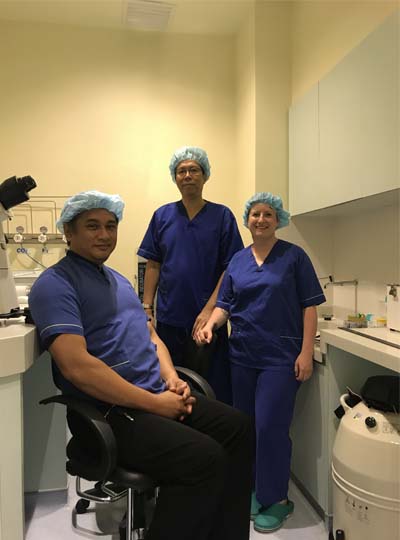
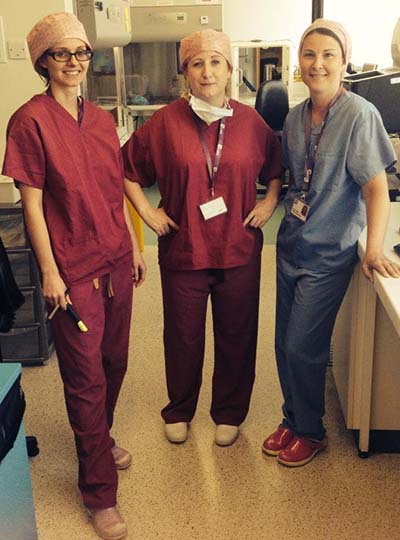
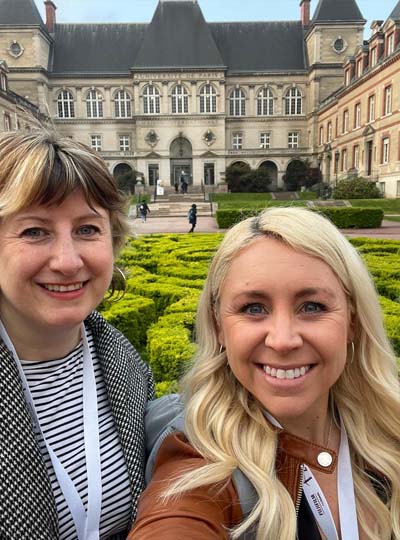
What are the most exciting recent developments or trends in the industry and how do you envision these shaping the future?
I think one of the most exciting things I’m seeing is genetic testing, actually looking at the causes of male and female infertility.
Looking at specific mutations identified in men or women that link with specific infertility pathologies, you know, we still have a massive group of patients that we classify as unexplained in terms of the cause of infertility. And I think we’re making big strides to uncover the issues.
It’s a long road from finding a genetic cause to finding a treatment. But it’s the first step.
Other than that, a lot of my personal research during my PhD was around optimizing embryology procedures upstream of the genetic testing from fertilization through to vitrification and warming. We need to identify best practice in a lot of these areas when applied within PGT cycles.
Are there any specific challenges or obstacles you have encountered during your research work?
I think the biggest obstacle is time. Nobody has enough time. We have a multitude of brilliant scientists within the field who are highly motivated and would love to do research but don’t have the time.
I can very much speak personally to the phenomenon of embryologist burnout that we’re discussing these days.
People are pushed to the limit within their day-to-day work and simply don’t have the time that it takes to devote to a properly designed, properly structured and properly performed research study. Hopefully increasing use of AI and automation will help free up people’s time for more work in these areas.
Additionally, as with clinical research in general, there needs to be a bigger focus on inclusion and diversity. Fertility is a global challenge that goes beyond borders and research efforts need to incorporate patients of all ethnic and socioeconomic backgrounds.
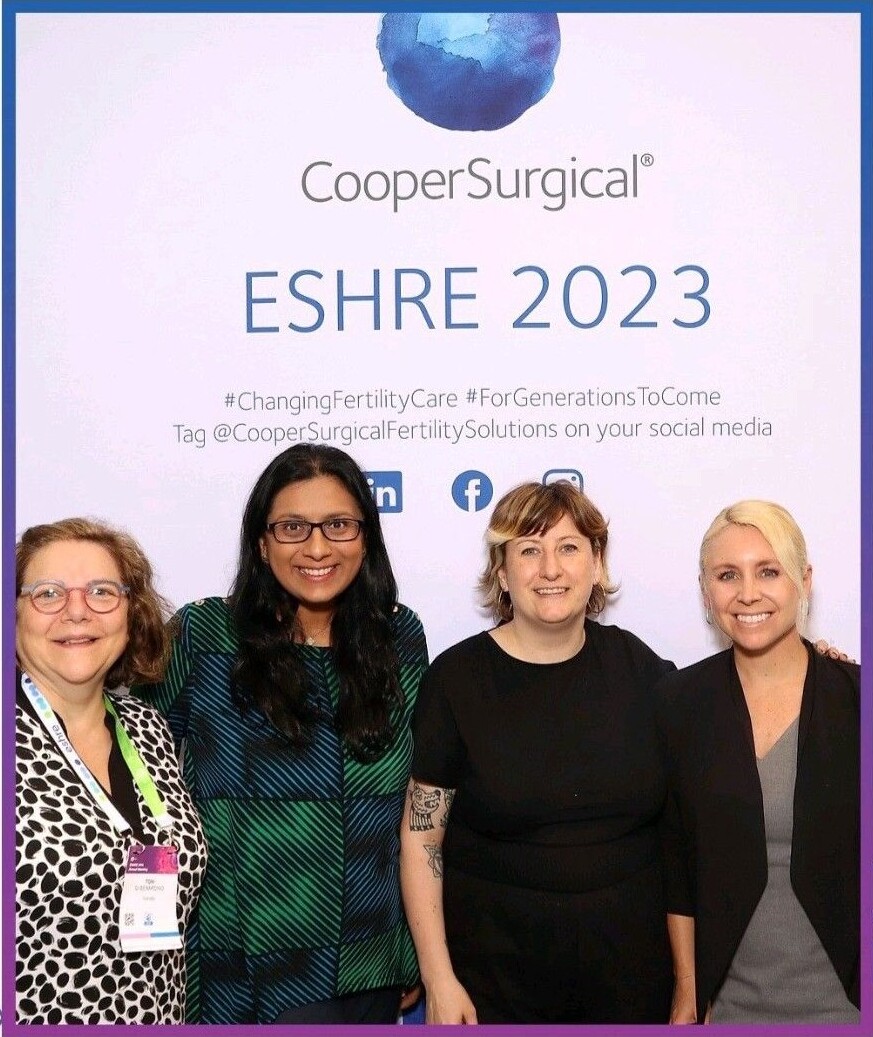
How do you see your role within CooperSurgical® really advancing activity in genomics?
So, working now within industry and working for CooperSurgical, I’d like to think that there is an onus on us to help support people to perform their research, whether that be through providing them with the materials and consumables that they need, helping them to design robust research studies, or data analysis and write-up. We want to give people the tools they need to perform the research that is essential to our field.
Clinical evidence drives change and better healthcare outcomes. By supporting research we strive to accelerate what’s possible. Asking scientific questions via a structured scientific process drives innovation.

 My Clinic is in the United States
My Clinic is in the United States My Clinic is in Canada
My Clinic is in Canada